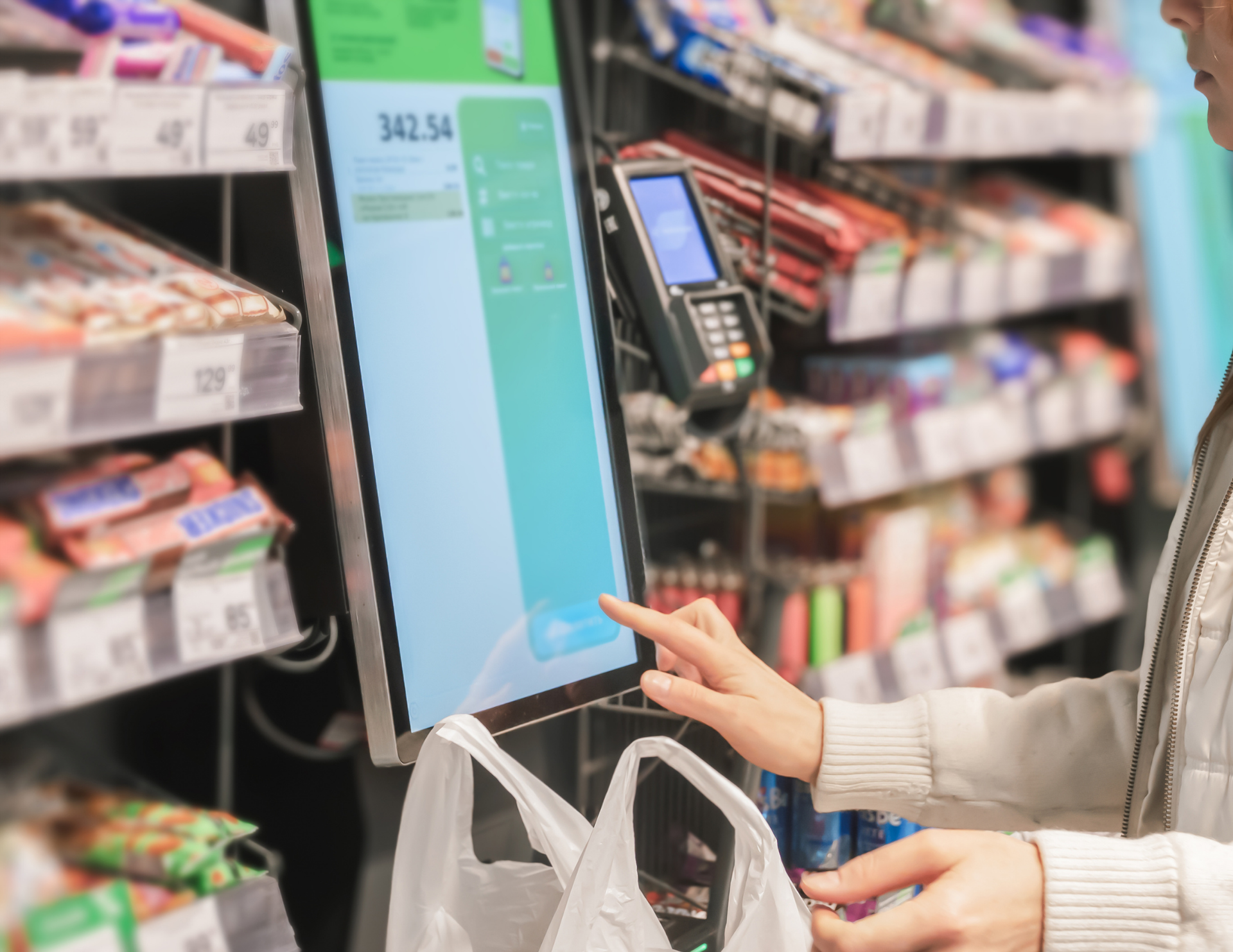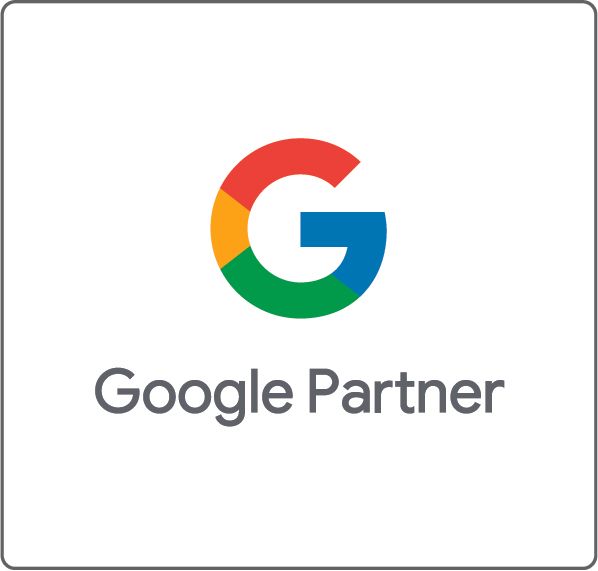The Shoppe - Budweiser's Vaccine Awareness, Uber Eats Stories, Seizing the Clubhouse Buzz, & More!
Welcome back to The Shoppe! This week we’re talking about Budweiser’s COVID-19 vaccine awareness, Uber Eats launching their Stories function, marketers seizing the Clubhouse buzz, and more! Don’t forget to subscribe so you can be notified every time we post!
In an attempt to support awareness and education about protecting public health, Budweiser has created a giveaway offering free beer to people who can show that they have received the COVID-19 vaccine. The company’s effort to raise awareness began when Budweiser announced that they would forgo running any ads during the Super Bowl for the first time in 37 years. Instead, they would redirect the ad budget to public health messaging over the course of this year. For the vaccine incentive, the first 10,000 people who respond to the “Reunite with Buds” giveaway will receive a $5 virtual debit card after uploading their proof of vaccination, such as a selfie showing their vaccination sticker. Additionally, Budweiser is bringing back a new version of the
“Reunited with Buds” commercial that includes the iconic Clydesdales and puppy running towards each other on a country road. This month, Budweiser celebrated National Beer Day with a vaccination public service announcement titled “Good Times Are Coming” in collaboration with the Anheuser-Busch Foundation and the Ad Council.The spot aimed to remind people of the good times they had getting together with friends, and to visit the
GetVaccineAnswers.org website to learn more about vaccines. Budweiser is one of many brands giving away free products to incentivize people to get vaccinated. Others include Budweiser’s rival beer, Samuel Adams, who began to offer free beer this month along with Krispy Kreme who offers free doughnuts to customers who show their vaccination cards.
To better help merchants engage with in-app customers, Uber Eats has launched a Stories function. The company hopes to increase engagement with younger consumers that have helped to popularize the feature that temporarily strings together photos and video content. By adding the story feature, this could potentially make Uber Eats more attractive to consumers and merchants as delivery apps continue their rise in popularity due to the coronavirus pandemic impacting in-person dining. Uber Eats Merchant Stories allows owner-operators to upload images along with adding text to give customers updates on deals, menu changes, new services, or seasonal promotions. Delivery continues to guide parent company, Uber, as delivery bookings are up 130% from a year ago.
The part radio, part Zoom, part podcast app, Clubhouse, has taken over these past few months as it stepped in as the social media app for building connections in the middle of lockdowns and social distancing. The app continues to grow in popularity as 600,000 users in December of 2020 has increased to over 10 million today. The app is now valued at $4 billion compared to $1 billion in January. The novelty of connection via audio message rather than direct messaging, status updates, or photos and videos is a breath of fresh air for people who spend their days on Slack and Zoom calls. Clubhouse is a community-building tool that keeps its users coming back and it’s clear that investors, influencers, and users all believe in the app’s future. Other major social media networks such as Facebook, Instagram, and Snapchat are building to compete with this app. Similarly, investors and users are not overlooking this platform nor should any other brand marketer. Now is the time for businesses to start conversations on Clubhouse as the app is growing rapidly. Start to build your online community where like-minded followers of your brand can connect by following these strategies below:
- Choose members and build a follower base: When your audiences follow your clubs on Clubhouse, they become followers of those clubs and see updates each time the club hosts a new room.
- Purchase domains for a presence outside the app: Register multiple domain names associated with your clubs to create a presence outside of the app where interested followers can learn more and engage further with your brand.
- Host a conversation to highlight expertise: The key is actively participating and sharing knowledge and expertise in a helpful, rather than sales-focused, way.
- Roll out marketing and news releases: Focus on being authentic, informative, and helpful. Give people value they can walk away from the conversation with that’s not just about your product or service.
The Gen Z population is known for being “digital natives” who grew up using smartphones, making most of them fluent in messaging, social media, and navigating other apps. As they get older and earn spending power, these younger consumers are expecting instant gratification from their digital experiences. Brands need to make a positive and lasting impression as Sitecore found in a study that 57% of Gen Zers said they are less loyal to brands than before the pandemic. Additionally, more than one-third (38%) of these Gen Z consumers stated that they allow a brand just one second chance to fix a mistake before switching to a rival brand, along with 74% of the respondents saying they would find another retailer if an online store is out of stock. An alarming statistic for brands and their direct-to-consumer and ecommerce strategies is that 64% of Gen Zers said they wish to keep buying almost everything online post-pandemic. The majority of Gen Zers admitted that they view online shopping as an experience rather than a mere transaction and have high expectations as they want new and exciting experiences when shopping online. It’ll be interesting to see what compelling aspects businesses come up with to keep their younger consumer audiences captivated while online shopping.
Never miss an update from “The Shoppe,” sign up for our email list today!
Subscribe
Sign up with your email address to receive news and updates.
Subscribe
We respect your privacy.
















